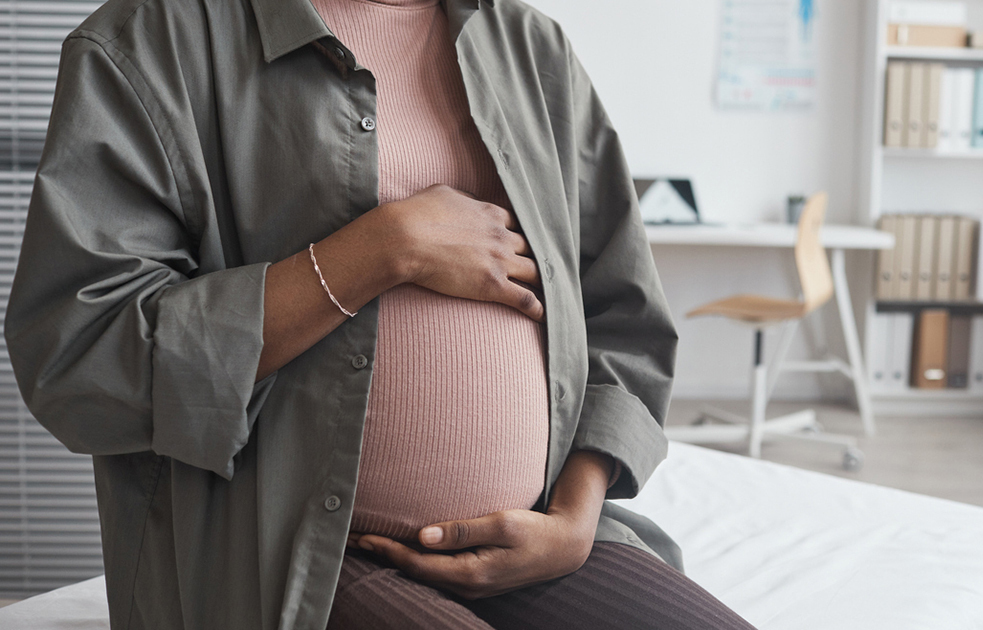Most people know it isn’t safe to smoke or drink alcohol while pregnant, and most know that how well a pregnant person takes care of their health affects the health of their baby. But do they know what vaccines are recommended for pregnant people by the U.S. Centers for Disease Control and Prevention (CDC)?
While much of the public is familiar with some information about staying healthy during pregnancy and having a healthy baby, there are substantial gaps in knowledge about maternal health, according to new survey data from the Annenberg Public Policy Center (APPC). The findings come amid a maternal health crisis in the United States, which has the highest maternal mortality rate of any developed nation, more than double the rate of peer countries, according to the U.S. Department of Health and Human Services.
In addition, the survey, conducted nearly a year after the federal government introduced the new 988 Suicide and Crisis Lifeline, finds that just 10% of the public knows the number.
“The Suicide Lifeline’s ability to save lives presupposes that those in need know the 988 number,” says APPC Director Kathleen Hall Jamieson, who directs the survey. “We need to redouble our efforts to add 988 to the numbers everyone has at hand.”
The survey, conducted with a nationally representative panel of 1,601 U.S. adults from May 31-June 6, 2023, finds that just over 1 in 4 people know that the CDC recommends that pregnant individuals get a Tdap vaccine against whooping cough. Just over half of those surveyed know that getting vaccinated against COVID-19 during pregnancy is safe, and that getting vaccinated against COVID-19 can reduce the risk of complications from the disease that can affect a pregnancy. Only a quarter of those surveyed know that a pregnant person who gets the flu is at higher risk of delivering the baby early. And nearly three in four people know that having untreated high blood pressure increases the likelihood that a pregnant person will have a stroke.
The maternal health survey data come from the 11th wave of a nationally representative panel of 1,601 U.S. adults, first empaneled in April 2021, conducted for APPC by SSRS, an independent market research company. The survey covers public health knowledge surrounding vaccinations and pregnancy, the flu and pregnancy, COVID-19 and pregnancy, other maternal health risks including high blood pressure and diabetes, smoking and drinking alcohol, putting a newborn to sleep, and mental health and crisis care.
Read more at Annenberg Public Policy Center.








